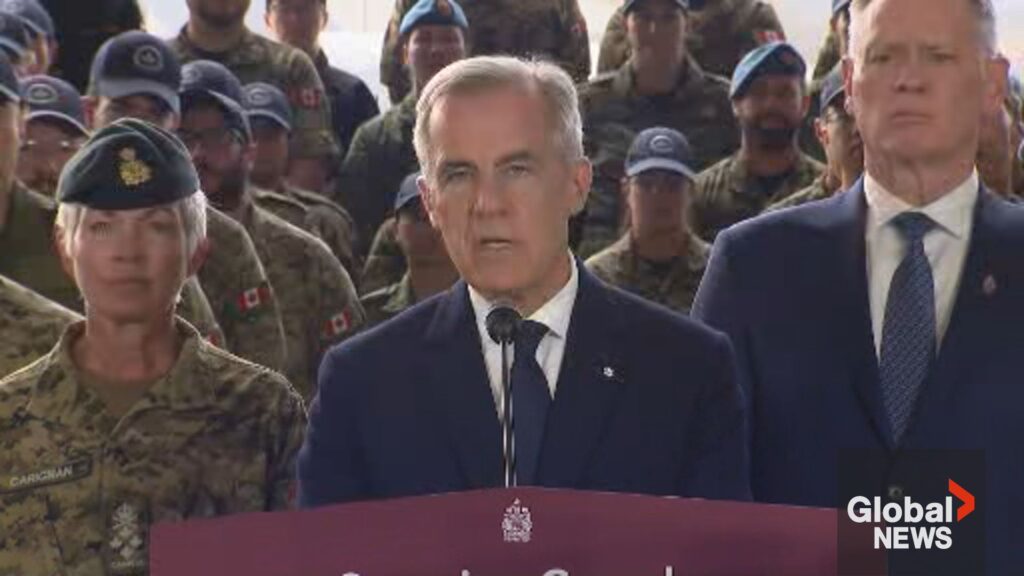
Introduction
As Canada continues to enhance its military capabilities amidst rising global tensions, the discussion around a potential pay raise for Canadian Armed Forces (CAF) personnel has gained significant attention. This topic is vital not just for the service members but also for the national security and well-being of the entire country. With increased pressures on military readiness and recruitment, ensuring competitive compensation packages is more crucial than ever.
Current Developments
In recent months, the Canadian government has faced mounting pressure to address military pay scales. A report from the Department of National Defence indicated that many military professionals find their salaries insufficient compared to civilian counterparts holding similar responsibilities. As of early October 2023, the Prime Minister announced that the government was exploring options for a pay raise for military members, intending to keep pace with inflation and the rising cost of living.
Additionally, various military advocacy groups have voiced their concerns, advocating for a review of the compensation structure. The Canadian Forces’ recruitment and retention issues have also come to the forefront, with many experienced personnel choosing to leave the military for higher-paying civilian jobs. According to statistics released by Defence Research and Development Canada, recruitment numbers have been declining, with a 30% shortfall in required personnel within certain key operational roles.
Factors Influencing the Decision
Several key factors are influencing the government’s discussion regarding a pay raise. First and foremost is the need to maintain operational readiness amidst global instability, from tensions in Eastern Europe to ongoing conflicts in the Asia-Pacific region. A well-compensated military is essential to retain skilled personnel and attract new recruits, which is imperative for national security.
Moreover, public support for the military remains strong, with many Canadians recognizing the sacrifices made by armed forces members. Polls indicate that a significant majority of Canadians favor increasing military pay to reflect the risks and obligations of service. These public sentiments play a critical role in shaping government policy and priorities.
Conclusion
The prospect of a pay raise for the Canadian military represents an important step toward addressing recruitment and retention challenges and ensuring the long-term viability of the Canadian Armed Forces. As government discussions continue, the outcomes will likely influence military morale and operational effectiveness. If a pay raise is implemented, it could set a precedent for how Canada values and supports its military personnel, ultimately impacting national security dynamics. Looking forward, we may expect further developments in the coming months as advocacy groups and policymakers engage in this critical discourse.



